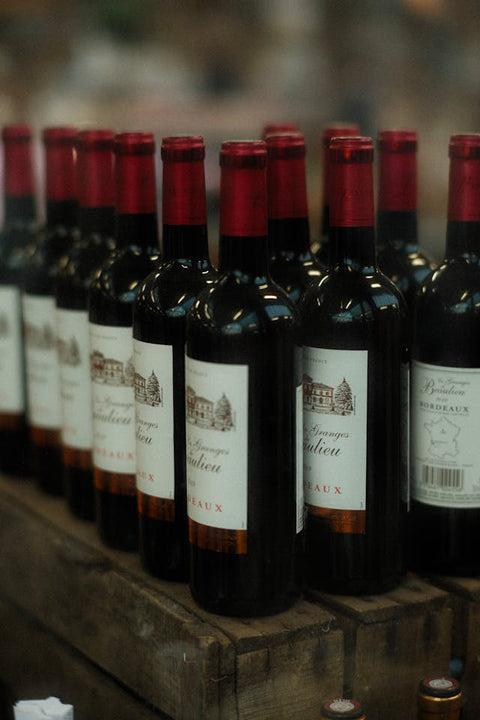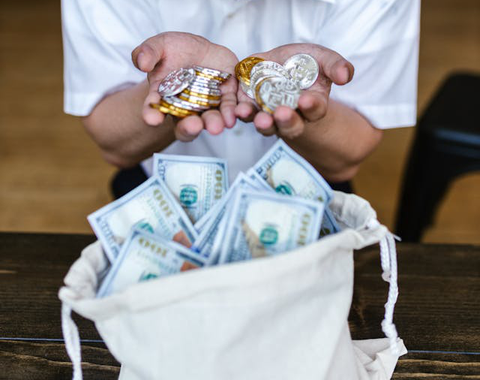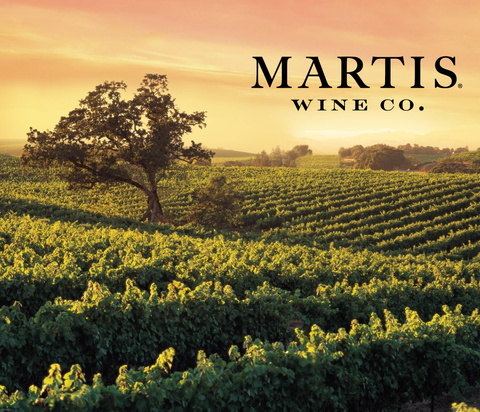Oh, America. Just when we thought we were making strides with our collective wine IQ—embracing aromatic whites like pinot grigio, pretending to know what "terroir" means, and confidently ordering "natural wine" at brunch—Google Trends goes and humbles us with a question that's burning up the charts: "Is Bordeaux sweet?"
Spoiler alert: Bordeaux is NOT sweet. Unless, of course, you're sipping a bottle of Château d'Yquem, a Sauternes that’s essentially liquid gold, priced like it, and absolutely an exception, not the rule. The rest of Bordeaux? Dry as your aunt’s Thanksgiving turkey. Sorry not sorry auntie.
So, why the confusion? Maybe it's the same crowd who thinks all Riesling is sweet (it’s not).
But let’s be real: Bordeaux isn’t just a wine—it’s an entire region in France producing everything from robust reds to elegant whites to the aforementioned nectar of the gods, Sauternes. Bordeaux is home to the wine gawds like LaTour and Margaux. And, yes, I am actively eating crow (yum, crunchy) as I am writing this paean to Bordeaux, atoning for an earlier blog post that derided Bordeaux as boring. Believe it or not, the thesis of that blog was that the PrIsoner Wine Company has done more for the success of the red blend category than Bordeaux. Doh! Crow is actually good with a lot of Chick-fil-A sauce.
The Bordeaux question highlights a larger issue: for a country obsessed with wine (mostly White Zinfandel), our knowledge of the stuff is shallow. Sure, we’ve mastered the art of holding a glass for Instagram, but when it comes to actually understanding what’s in the bottle, we’re still clueless. But should it be incumbent on the public or the industry to pull back the curtain on wine? I would say both—the two groups need to simply be more inclusive. The public should not feel intimidated by fermented grapes from Chateau Haut-Brion, and the industry needs to refine its messaging for the times. For starters, Bordeaux labeling could benefit from a reset. Although I personally love practicing French every chance I get while perusing the label on a bottle of Bordeaux.
Here’s the good news: we will do better. Let’s make 2025 the year we all learn that Bordeaux is dry, Riesling is versatile, and Moscato is a gateway wine, not a destination. Until then, let’s raise a glass—preferably not full of sweet Bordeaux.




コメント (0)
この記事に対するコメントはありません。真っ先にメッセージを残してください!